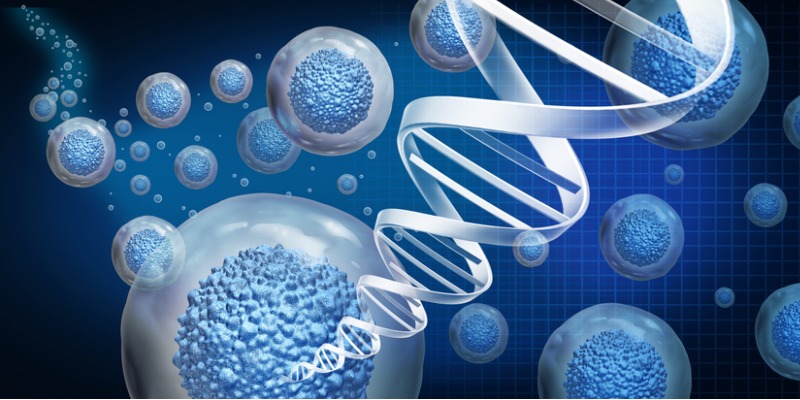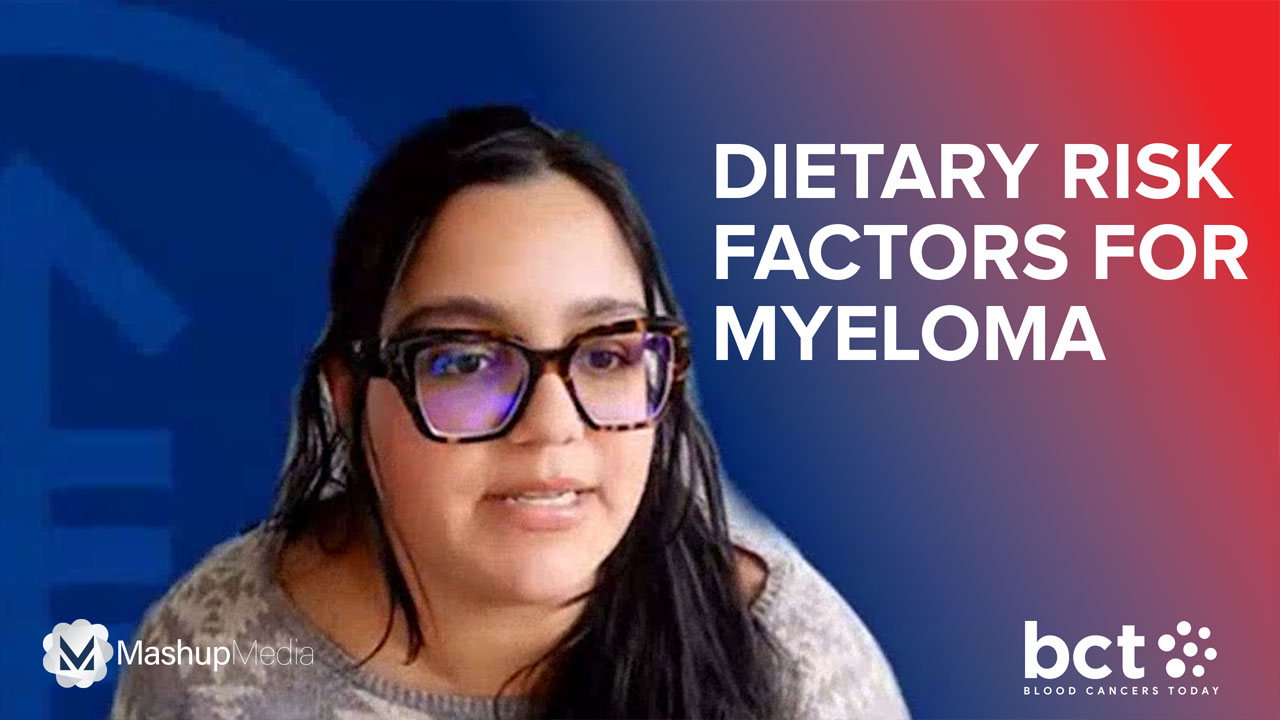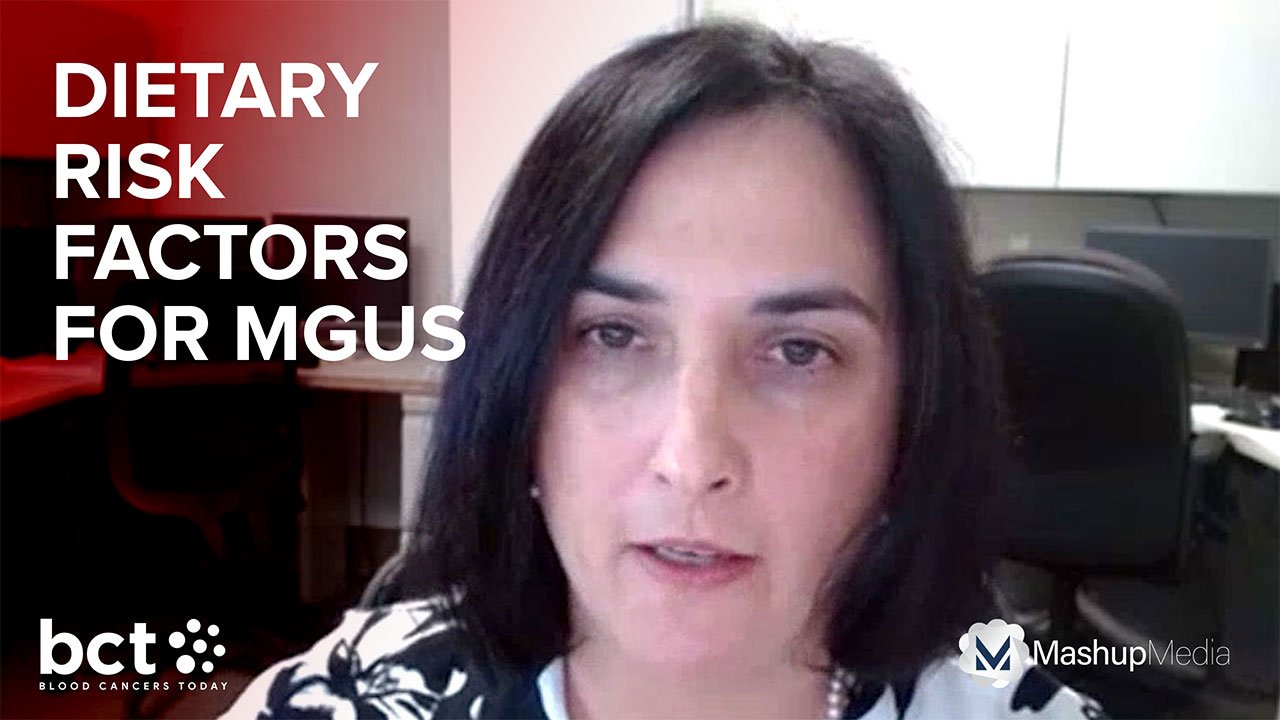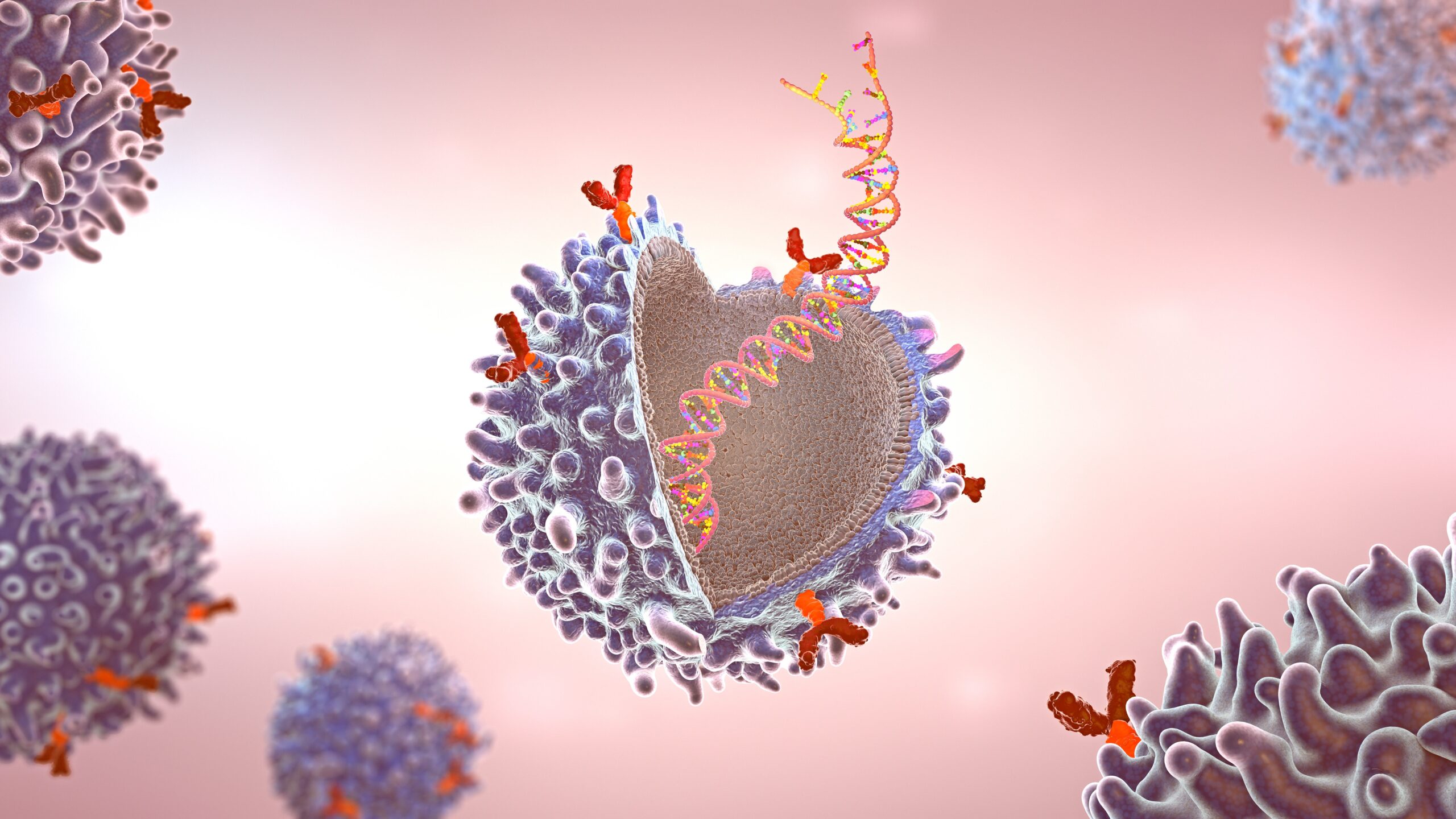
A study presented at the Twelfth Annual Meeting of the Society of Hematologic Oncology demonstrated favorable outcomes among high-risk patients with newly diagnosed multiple myeloma (MM) who received autologous hematopoietic stem cell transplant (HSCT) consolidation.
Researchers from the Tata Medical Center in Kolkata, India, analyzed 37 of 169 autologous HSCTs performed at the institution between January 2012 and December 2023. The endpoints were progression-free survival (PFS) and overall survival (OS), and the median follow-up was 32.53 months.
Eighteen of 37 patients (48.6%) had 1q gain, and 10 had ultra-high-risk disease with two or more high-risk cytogenetic abnormalities. Sixteen patients received prior bortezomib, thalidomide, and dexamethasone.
At the time of transplantation, most (94.5%) patients had a very good partial response or better. In terms of conditioning, 25 patients received melphalan 200 mg/m2, whereas the other 12 received a lower dose of 140 mg/m2 as per creatinine clearance. The median times to neutrophil and platelet engraftment were 10 and 11 days, respectively.
Post-transplant maintenance consisted of either lenalidomide or bortezomib plus lenalidomide. The median PFS was 42 months (95% CI, 16.68–67.31), and the median OS was not reached. The estimated five-year OS was 64.8%.
“These results describe the considerably favorable outcomes in a high-risk subset of patients with myeloma undergoing [autologous HSCT] consolidation,” the researchers concluded.
Reference
Pincha R, Ghosh S, Podder D, et al. Outcome of autologous stem cell transplantation in high-risk multiple myeloma: a single-center experience. Abstract #MM-517. Presented at the Twelfth Annual Meeting of the Society of Hematologic Oncology. September 4-7, 2024; Houston, Texas.






 © 2025 Mashup Media, LLC, a Formedics Property. All Rights Reserved.
© 2025 Mashup Media, LLC, a Formedics Property. All Rights Reserved.